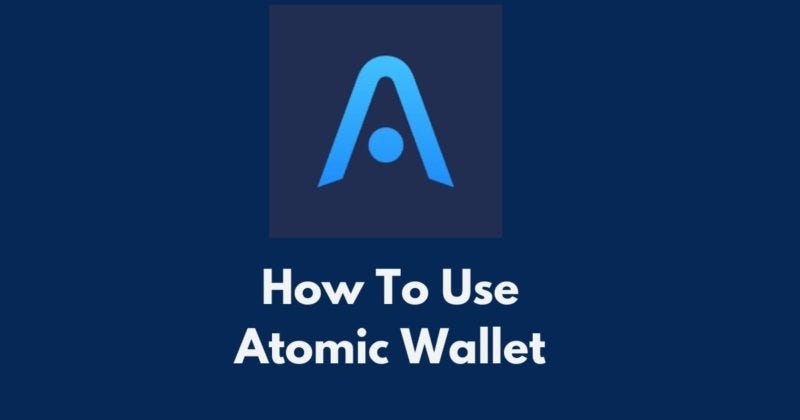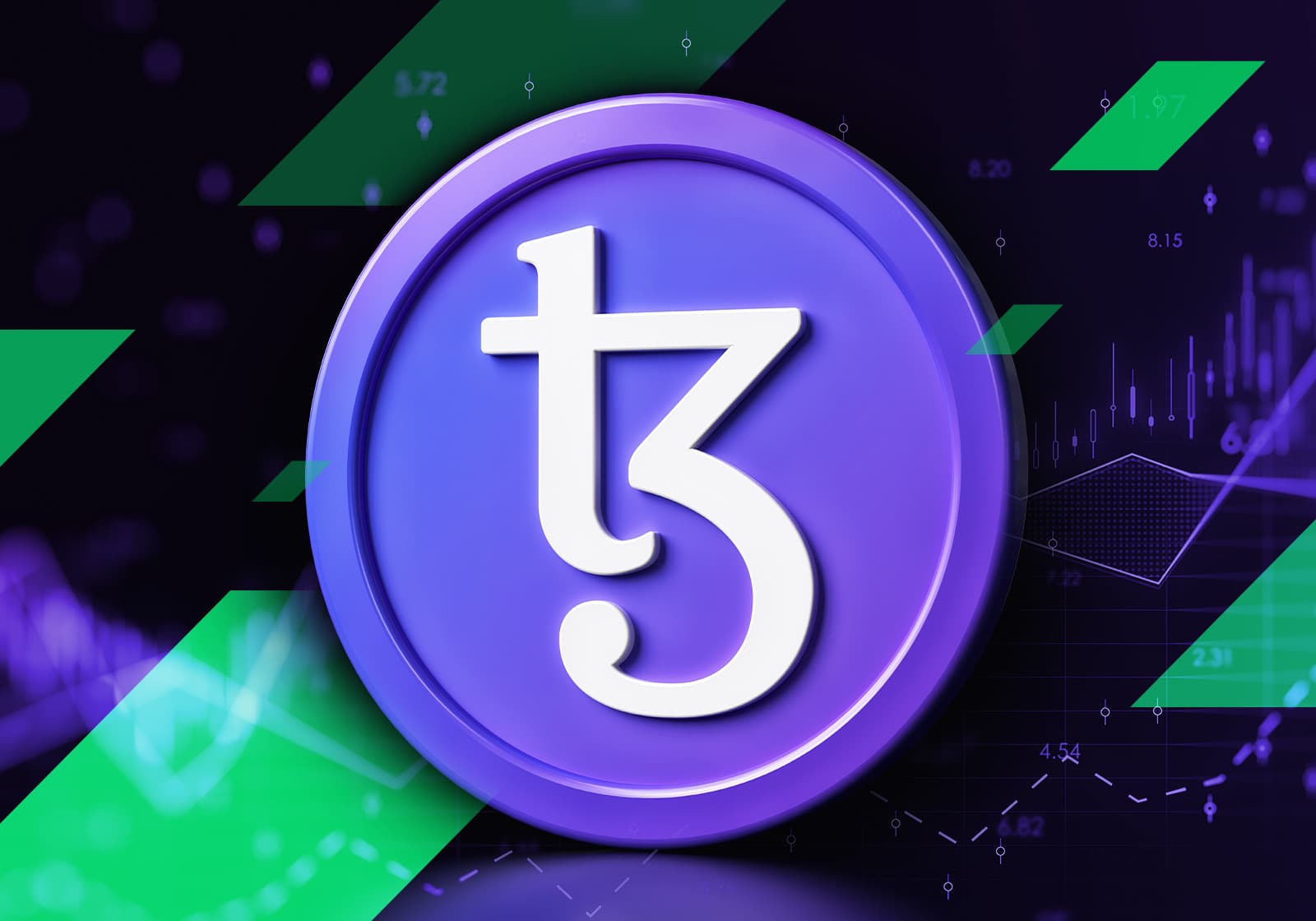In the world of cryptocurrencies, one name has consistently stood out as the pioneer and cornerstone of the entire industry - Bitcoin. And at the heart of the Bitcoin network lies the Bitcoin Core Client. In this comprehensive guide, we will delve deep into the world of the Bitcoin Core Client, exploring its features, functions, and why it is often considered the best blockchain wallet in the crypto sphere. We'll also take a look at the top 10 crypto wallets, including the Coinbase Crypto Wallet, to help you navigate the diverse landscape of cryptocurrency storage solutions.
Understanding the Bitcoin Core Client
The Bitcoin Core Client, often simply referred to as Bitcoin Core, is the official software implementation of the Bitcoin protocol. It serves multiple essential functions in the
best blockchain wallet network:
- Node Operation: Bitcoin Core enables users to operate full nodes, contributing to the decentralized nature of the network. By running a full node, users help validate and relay transactions, increasing the network's security and reliability.
- Wallet Functionality: Beyond its role as a node, Bitcoin Core also serves as a cryptocurrency wallet. Users can store, send, and receive Bitcoin (BTC) using this client.
- Protocol Maintenance: Bitcoin Core plays a crucial role in the development and maintenance of the Bitcoin protocol. Developers can propose changes and updates to the network through the Bitcoin Improvement Proposal (BIP) process, which is implemented in Bitcoin Core.
Bitcoin Core Features
Security
Bitcoin Core is renowned for its robust security features. It employs strong encryption and follows the
best online crypto wallets practices in cryptography. Users have control over their private keys, which are crucial for securing their Bitcoin holdings.
Decentralization
Running a Bitcoin Core node contributes to the decentralized nature of the Bitcoin network. This decentralization is one of the core principles of cryptocurrencies, ensuring that no single entity has complete control over the network.
Transparency
As an open-source project, Bitcoin Core's code is transparent and can be audited by anyone. This transparency helps build trust within the crypto community.
Longevity
Bitcoin Core has a long history and a proven track record. It has been in existence since the inception of Bitcoin in 2009, making it one of the most trusted clients in the industry.
Types of Crypto Wallets
To provide a broader perspective, let's explore the various
types of crypto wallets available in the market. These include:
Hardware Wallets
Hardware wallets, such as Ledger Nano S and Trezor, are physical devices designed to store cryptocurrency offline, making them highly secure against online threats.
Software Wallets
Software wallets, like Bitcoin Core, are applications or software programs that store your cryptocurrency keys on your computer or mobile device. They offer convenience but may be vulnerable to malware and hacking.
Online Wallets
Online wallets, including Coinbase Wallet, are web-based wallets accessible from any device with an internet connection. They are user-friendly but come with security risks.
Mobile Wallets
Mobile wallets, like
exodus crypto wallet, are smartphone applications that allow users to manage their cryptocurrencies on the go. They provide accessibility but require careful security measures.
The Top 10 Crypto Wallets
To help you choose the right crypto wallet, here's a
best online crypto wallets crypto wallets, including the Bitcoin Core Client:
- Bitcoin Core Client: The official and original Bitcoin wallet known for its security and role in supporting the Bitcoin network.
- Coinbase Crypto Wallet: Coinbase offers a user-friendly wallet that's ideal for beginners. It also provides a platform for buying, selling, and managing various cryptocurrencies.
- Exodus Wallet: Exodus is a desktop and mobile wallet with a sleek interface and a built-in exchange feature for seamless crypto trading.
- Ledger Nano S: A hardware wallet with robust security features and support for a wide range of cryptocurrencies.
- Trezor: Another popular hardware wallet known for its security and ease of use.
- Electrum: A lightweight and fast Bitcoin wallet suitable for both beginners and advanced users.
- Mycelium: A mobile wallet known for its privacy features and compatibility with hardware wallets.
- Atomic Wallet: A multi-asset wallet with a decentralized exchange built in for easy trading.
- Guarda Wallet: A multi-currency wallet that offers a variety of features, including staking and exchange services.
- Trust Wallet: A mobile wallet with a strong focus on security and decentralized applications (DApps) support.
The Coinbase-Wallet
Coinbase Wallet, often confused with the Coinbase exchange, is a standalone mobile wallet designed for storing a variety of cryptocurrencies. It provides users with control over their private keys and a simple interface for managing their digital assets.
One notable feature of the
coinbase-wallet is its integration with decentralized applications (DApps) and DeFi platforms. This allows users to access a wide range of financial services directly from their wallet.
Additionally, Coinbase Wallet offers enhanced security features such as biometric authentication and the ability to connect to hardware wallets for added protection.
Choosing the Best Cryptocurrency Wallet App
Selecting the
best cryptocurrency wallet app depends on your specific needs and preferences. Here are some factors to consider:
- Security: Ensure the wallet provides strong security features and allows you to control your private keys.
- Ease of Use: Look for a wallet with a user-friendly interface, especially if you're new to cryptocurrencies.
- Supported Cryptocurrencies: Check if the wallet supports the cryptocurrencies you plan to use.
- Additional Features: Some wallets offer features like staking, exchanging, or integration with DApps. Choose one that aligns with your goals.
- Device Compatibility: Ensure the wallet is compatible with your device (desktop, mobile, or hardware).
- Community and Support: Consider the wallet's reputation and the level of support available from the developer and the community.
In the ever-expanding world of cryptocurrencies, the choice of a wallet is a pivotal decision. The Bitcoin Core Client, with its history, security, and contributions to the Bitcoin network, stands as a reliable option, especially for those who value decentralization and transparency.
However, the landscape offers a multitude of options, each catering to different needs. Coinbase Crypto Wallet, along with other
top 10 crypto wallet like Exodus and Ledger Nano S, provides alternatives that emphasize user-friendliness, accessibility, and additional features.
















